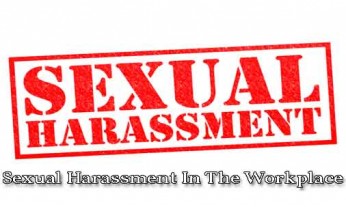 After a year of hard work and decent profits, many companies celebrate in December with a holiday office party. Unfortunately, sometimes an office party can bring out the worst in employees and their bosses. If your office festivities take an ugly turn, what are possible consequences? A local employment attorney can answer this question.
After a year of hard work and decent profits, many companies celebrate in December with a holiday office party. Unfortunately, sometimes an office party can bring out the worst in employees and their bosses. If your office festivities take an ugly turn, what are possible consequences? A local employment attorney can answer this question.
Office Party – Questions Managers Should Consider
To minimize the possibility of ugly scenes, managers and party planners should consider some key questions:
- Should alcohol be served? If so, will there be limits?
- Will the company provide safe transportation home after the festivities?
- How can you avoid discrimination issues with Christmas parties?
- Can employee behavior at a company party result in termination? If so, on what grounds?
- Can pictures of the party be posted on social media after the event?
Avoiding Legal Issues
Clearly, circumstances differ for every business. Experts suggest that alcohol-related problems can be avoided by holding a breakfast or lunch party. If you really want an evening event, consider these guidelines to avoid legal liability after your gathering:
- Refer to the event as a Winter Celebration or even a Holiday Party, not a Christmas party.
- Avoid “open bars.” Instead, opt for a cash bar or provide a limited number of tickets to be exchanged for drinks.
- Advise professional bartenders to check I.D. and report individuals who seem to have over-imbibed.
- Provide rides home, or hotel rooms, for inebriated partiers.
- Serve plenty of food, especially if alcohol is on the premises.
- Invite the employees’ spouses or significant others. It tends to keep people on their best behavior.
- Advise everyone in writing that workplace conduct standards remain in place at the party. The upshot of inappropriate behavior or misconduct will be disciplinary action.
- Have a written policy related to social media and privacy issues;
- Avoid exchanges of gag-gifts or white elephant gifts. There is too great a possibility of sexual harassment issues.
- Do not hang mistletoe. You are just asking for problems with it!
- Remind managers to keep an eye on things and make sure questionable behaviors are nipped before they become problematic.


